
Gun laws in Kansas regulate the sale, possession, and use of firearms and ammunition in the state of Kansas in the United States. [1]

Gun laws in Kansas regulate the sale, possession, and use of firearms and ammunition in the state of Kansas in the United States. [1]
| Subject / law | Long guns | Handguns | Relevant statutes | Notes |
|---|---|---|---|---|
| State permit required to purchase? | No | No | ||
| Firearm registration? | No | No | ||
| Assault weapon law? | No | No | ||
| Magazine capacity restriction? | No | No | ||
| Owner license required? | No | No | ||
| Permit required for concealed carry? | N/A | No | K.S.A. § 21-6302 K.S.A. § 75-7c03(a) | Kansas is a "shall issue" state for citizens and lawful permanent residents who are 18 years or older. Regular permits are issued to those 21 or older, and Provisional permits are issued to those 18 to 21. Permitless carry took effect on July 1, 2015. |
| Permit required for open carry? | No | No | K.S.A. § 75-7c03(a) | May carry openly without permit. |
| Castle Doctrine/Stand Your Ground law? | Yes | Yes | K.S.A. § 21-5222 | |
| State preemption of local restrictions? | Yes | Yes | K.S.A. § 12-16,124 K.S.A. § 75-7c17 | |
| NFA weapons restricted? | No | No | K.S.A. §§ 50-1201 to 50-1211 | The Second Amendment Protection Act prohibits Kansas law enforcement from enforcing the NFA if a personal firearm, a firearm accessory, or ammunition is owned or manufactured commercially or privately in Kansas and remains within the borders of Kansas. A firearm manufactured in Kansas must have the words "made in Kansas" clearly stamped on a central metallic part, such as the receiver or frame. Federal enforcement is still possible. |
| Shall certify? | Yes | Yes | K.S.A. § 48-1906 | Shall certify within 15 days. |
| Peaceable Journey laws? | No | No | ||
| Background checks required for private sales? | No | No |
Despite having relatively nonrestrictive firearms laws, Kansas remained one of the few states with no provision for the concealed carry of firearms until March 2006, when the legislature passed Senate Bill 418, "The Personal and Family Protection Act." This bill made Kansas the 47th state to permit concealed carry in some form and the 36th state with a "shall issue" policy. [2] The bill was passed 30–10 in the state senate and 91–33 in the state house of representatives, gaining enough votes to override a veto from Governor Kathleen Sebelius, who had previously vetoed several other attempts to legalize concealed carry. Under the law, the Attorney General began granting permits to qualified applicants on January 1, 2007. Previously, Kansas had allowed only open carry of firearms, except where prohibited by local ordinance.
On April 21, 2008, Governor Kathleen Sebelius signed a bill allowing the sale and possession of NFA weapons. The law took effect on July 1, 2008. [3] [4]
On April 22, 2014, Governor Sam Brownback signed HB 2578, the CLEO Shall Sign and Comprehensive Preemption legislation. These new laws went into effect on July 1, 2014. Effective on that date there will no longer be any local control of firearms. All current local firearms ordinances are null and void and all firearms laws are uniform statewide. The bill:
Kansas allows permitless carry for those 21 and older, even when on a college campus. According to The Trace, "state universities can still prohibit guns from buildings if they install metal detectors and security guards at entrances." [5] In 2021, Kansas lowered the age to receive a conceal carry permit to age 18. [6]

Gun laws in Florida regulate the sale, possession, and use of firearms and ammunition in the state of Florida in the United States.

Gun laws in Oklahoma regulate the sale, possession, and use of firearms and ammunition in the state of Oklahoma in the United States.
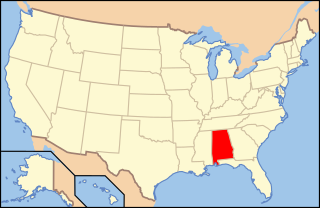
Gun laws in Alabama regulate the sale, possession, and use of firearms and ammunition in the state of Alabama in the United States.

The U.S. state of Alaska has very permissive gun laws, and very few regulations regarding the sale, possession, and use of firearms and ammunition compared to those in most of the contiguous United States. Alaska was the first state to adopt carry laws modeled after those of Vermont, where no license is required to carry a handgun either openly or concealed. However, permits are still issued to residents, allowing reciprocity with other states and exemption from the Federal Gun Free School Zone Act. The legal stipulation that gun permits are issued but not required is referred to by gun rights advocates as an "Alaska carry," as opposed to a "Vermont carry", where gun licenses are neither issued nor required. Some city ordinances do not permit concealed carry without a license, but these have been invalidated by the recent state preemption statute.

Gun laws in Georgia regulate the sale, possession, and use of firearms and ammunition in the state of Georgia in the United States.

Gun laws in Illinois regulate the sale, possession, and use of firearms and ammunition in the state of Illinois in the United States.

Gun laws in Indiana regulate the sale, possession, and use of firearms and ammunition in the U.S. state of Indiana. Laws and regulations are subject to change.

Gun laws in Kentucky regulate the sale, possession, and use of firearms and ammunition in the Commonwealth of Kentucky in the United States.

Gun laws in Mississippi regulate the sale, possession, and use of firearms and ammunition in the state of Mississippi in the United States. Gun laws in Mississippi are among the most permissive in the country, with no license or background check required to openly carry handguns most anywhere in the state.
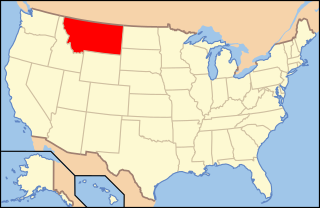
Gun laws in Montana regulate the sale, possession, and use of firearms and ammunition in the state of Montana in the United States.
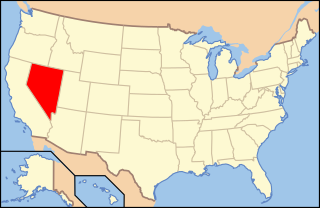
Gun laws in Nevada regulate the sale, possession, and use of firearms and ammunition in the state of Nevada in the United States.
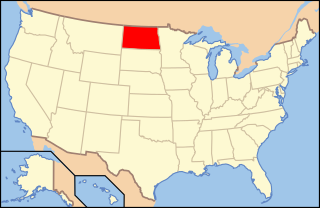
Gun laws in North Dakota regulate the sale, possession, and use of firearms and ammunition in the state of North Dakota in the United States.

Gun laws in Ohio regulate the sale, possession, and use of firearms and ammunition in the U.S. state of Ohio.

Gun laws in Pennsylvania regulate the sale, possession, and use of firearms and ammunition in the Commonwealth of Pennsylvania in the United States.
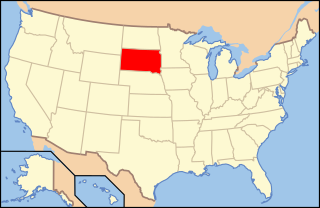
Gun laws in South Dakota regulate the sale, possession, and use of firearms and ammunition in the state of South Dakota in the United States.
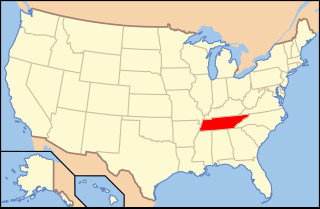
Gun laws in Tennessee regulate the sale, possession, and use of firearms and ammunition in the state of Tennessee in the United States.

Gun laws in Texas regulate the sale, possession, and use of firearms and ammunition in the U.S. state of Texas.

Gun laws in Vermont regulate the sale, possession, and use of firearms and ammunition in the U.S. state of Vermont.
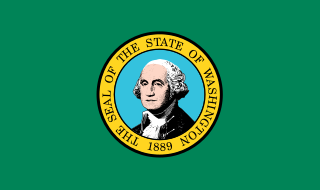
Gun laws in Washington regulate the sale, possession, and use of firearms and ammunition in the state of Washington in the United States.
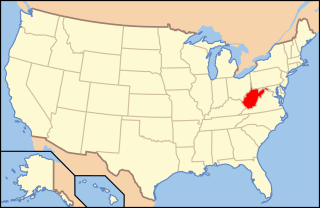
Gun laws in West Virginia regulate the sale, possession, and use of firearms and ammunition in the U.S. state of West Virginia.